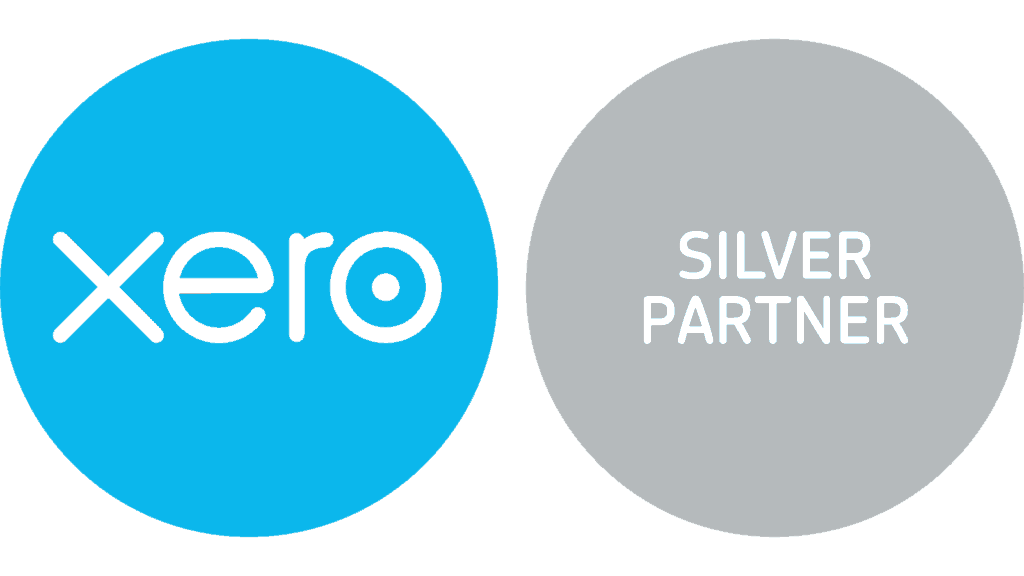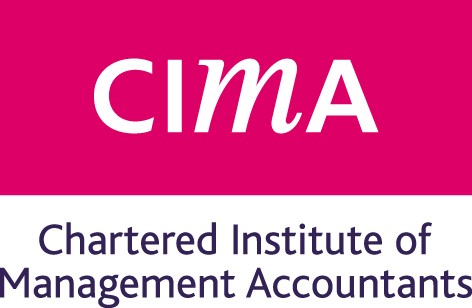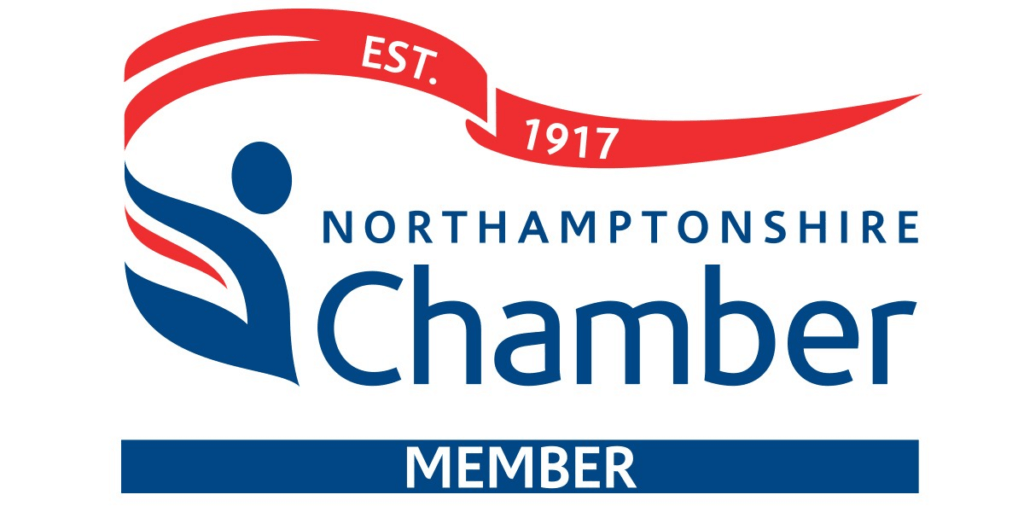During the course of business it’s quite likely you’ll be travelling around and spending money while you do it, this brief guide gives you an idea of what kinds of travel expenses are tax deductible and which ones aren’t.
Business mileage
The easiest way of deducting vehicle costs relating to the business is often claiming mileage at a rate of 45p per mile (25p after 10,000 miles) travelled, the 45p per mile rate is meant to cover all of the vehicle running costs like petrol, new tyres, MOT’s and servicing and as a result they can’t be claimed as well.
There’s an extra 5p per mile available if you car share with someone and also a 24p per mile rate for motorcycles and a 20p per mile for bicycles, this is generally the simplest way and also the most tax efficient for most cars but requires the maintaining of a detailed mileage log to keep track of the mileage.
Many people don’t realise that they can actually claim the interest payments on any car loans and leases in addition to the 45p rate.
Actual Costs
Instead of claiming mileage it’s possible to put all of the vehicle costs through the business, however they will need to be reduced by the amount of personal use the owner gets from the vehicle, for a sole trader this can be worked out from their mileage log.
For a limited company director it’s a bit more complex as the company can deduct the full cost of the vehicle expenses but the director then needs to tell HMRC they received a benefit in kind (a bit like a salary) on a P11d form.
Just like a salary tax needs to be paid on this but the amount is based on the carbon emissions of the car and not the mileage it’s done which means that putting the car through the company is usually only worthwhile on low emission vehicles that are doing low business mileage.
Food
While you’re on business you might pick up a sandwich or even a takeaway if you’re working late.
Providing that the journey is outside your normal pattern of work then you’re allowed to deduct the cost of that as a travel expense, please note that “normal pattern of work” is different to the temporary workplace test for claiming mileage.
For example a plumber could claim mileage to the various clients he/she visits but wouldn’t be able to claim food costs unless the client was significantly out of the way and required the working of anti-social hours.
If you don’t want to deal with the actual receipts for this then it’s possible to claim a fixed rate of £5 per meal per day for breakfast and lunch or £15 for dinner, if you’re VAT registered then you can go on to reclaim the VAT on these costs.
Other travel & Accommodation
Costs like train tickets, parking and hotels can be claimed at the actual value and entered into your accounts as a tax deduction, penalties and fines are not tax deductible unless it’s from a private non-government/council organisation.
24 Month Rule
If you’ve spent more than 40% of your working time in one location for the last 24 months or expect to be there for more than 24 months in total including the time you have already done then you lose the ability to claim travel expenses to that location.
Moving to another office down the road will not reset this 24 month period as the locations need to be significantly different to be able to claim expenses again.
Business and Pleasure
Incidental – If you swing by and visit family on the way home from a business trip then the additional costs of doing so are not deductible and the claim for mileage would be based on the direct journey to the client only.
Deliberate – If you conduct a trip with a dual purpose, e.g. attending a conference in Florida so that you can also go to Universal studios then none of it is tax-deductible.
VAT
In addition to the 45p rate it’s possible to claim back the VAT on the business mileage, petrol receipts would need to be kept and the amount claimed would need to be reduced for personal use.
VAT on any other costs like servicing and repairs to your personal vehicle can also be claimed in addition to the 45p per mile rate, if you’re the director of a company this only works if the invoice from the garage is made out to the company and not you personally.
Thanks for taking part in our online course, Northants Accounting is based in Northampton and we act as the accountants for a range of small businesses both locally and spread out over the country, if you would like to find out a bit more about how we could help your business then please get in touch.
[/et_pb_text][/et_pb_column][/et_pb_row][/et_pb_section]








